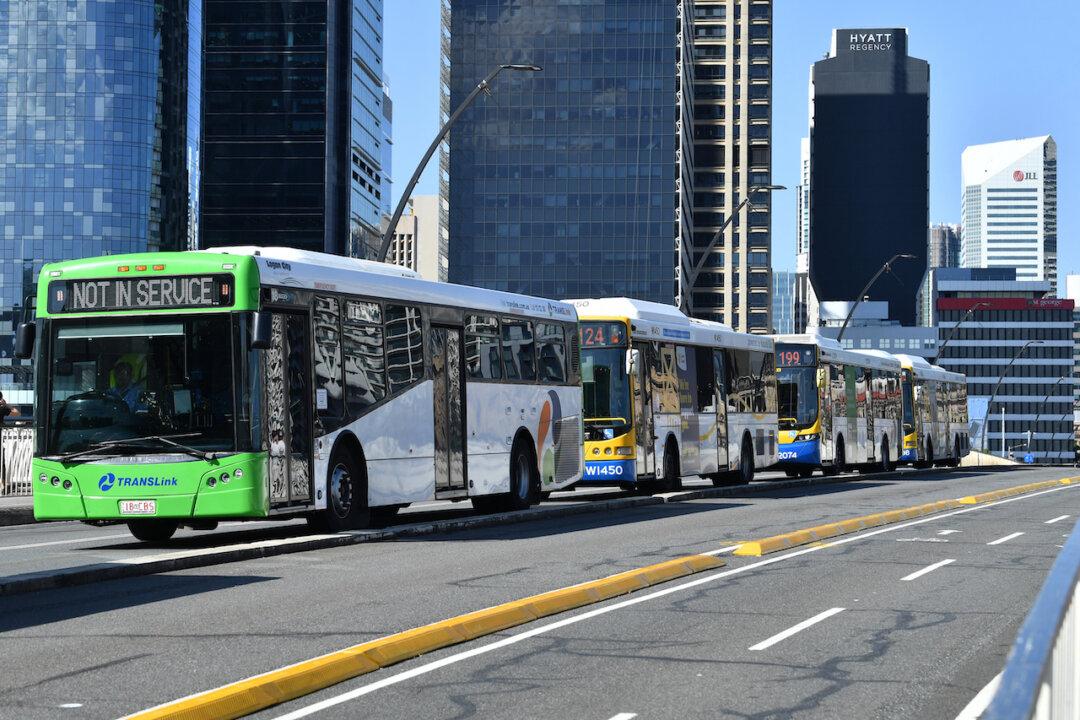More than 50 electric buses will be on the road in Queensland by the end of the year in the latest Australian commitment to zero-emissions public transport.
Plans to launch another 17 electric buses were revealed on Jan. 13, with nine of the vehicles launching in the Redland region in February.





